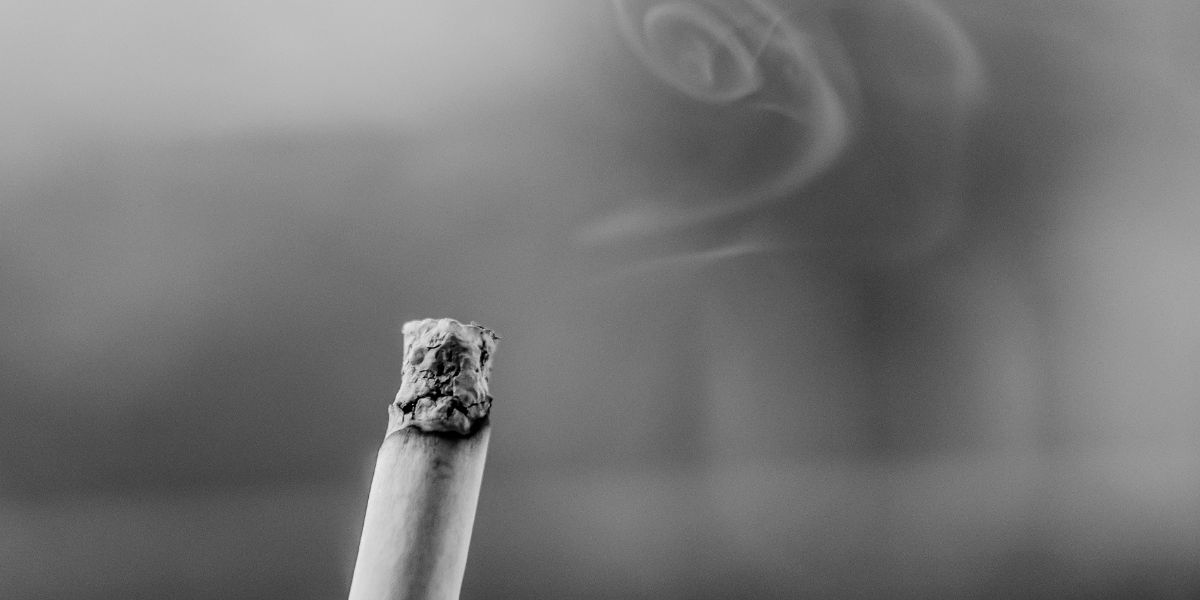[widget id=”ad_unit-13″]ad_unit-13[/widget]How soon after tonsillectomy, is it safe to smoke?
Never actually.
Did you really expect a different answer from me?
Would you be surprised to know that a group of doctors (with too much time on their hands) at Madigan Army Medical Center looked back into the charts of 1,036 patients who had undergone a tonsillectomy[1]. And surprisingly found that if the patients were divided into two groups (smokers and non-smokers) that the rate of post-surgical bleeding almost doubled in the patients who smoked (10.2% versus 5.4% respectively).
How does smoking affect wound healing?
Oxygen is vital to your wound healing. Smoking causes blood vessels to shrink in diameter starving the wound of all the oxygen, nutrients, and healing factors the wound needs to heal. Oxygen also floods the blood of carbon monoxide further depriving the healing tissue of much needed oxygen. The critical lack of O2 kills the newly formed scar tissue causing a breakdown of the wound and hen ce bleeding. At the very least smoking causes wounds to heal more slowly and causes a weaker (more likely to split) thinner scar.
ce bleeding. At the very least smoking causes wounds to heal more slowly and causes a weaker (more likely to split) thinner scar.
How long does it take a wound to heal completely?
A takes about three months for a wound to heal to about 50% of the normal tensile strength (the strength of the tissue before the wound) and after about a year it reaches 80% tensile strength. The wound is always weaker than the surrounding intact skin, the wound is the skin’s weakest link.
SOURCE: 1. The Effects of Smoking on the Rate of Postoperative Hemorrhage After Tonsillectomy and Uvulopalatopharyngoplasty http://archotol.ama-assn.org/cgi/reprint/134/8/811.pdf
![]() photo credit: rossination
photo credit: rossination




